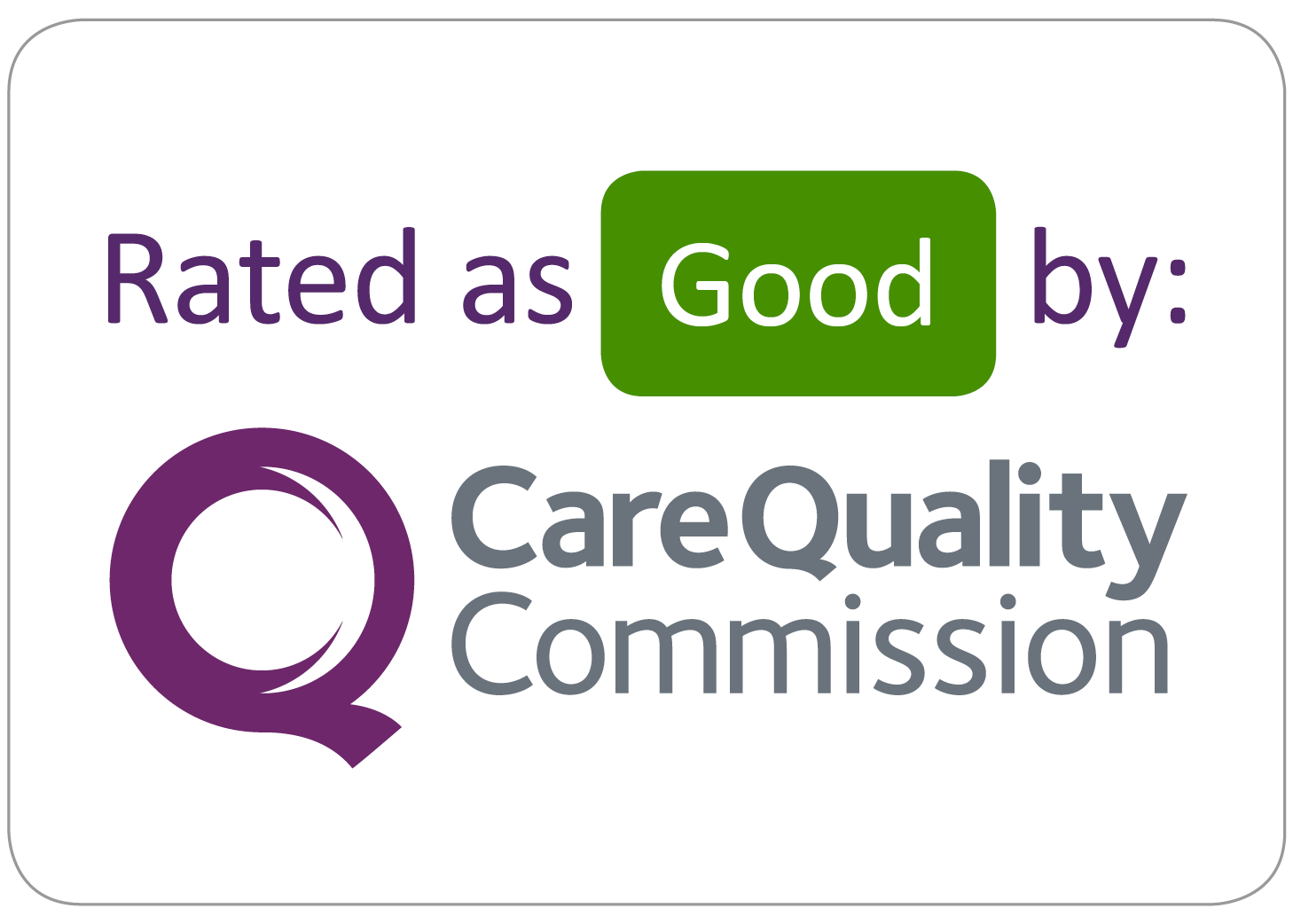Exercise
Exercise is key for good physical and mental wellbeing.
Your body has to work hard to recover from surgery. In fact, having surgery has the same effect on your body as exercising; it increases your heart rate and your blood flow. This is your body’s repair process. It needs more oxygen to recover in the early days after surgery. People with higher physical fitness are able to meet this demand more easily. This means their bodies cope better with the stress of surgery.
Exercise and your surgery
Improving your fitness, even a little, lowers your risk of complications and can lead to a smoother recovery. Big improvements in your fitness can be made within as little as 2-4 weeks.
The NHS suggests that adults should aim to:
- Be active every day. Take the stairs rather than the lift, get off the bus a stop early, or add an extra walk into your day.
- Build your activity up step by step. Any exercise is better than none. Start slow and build-up over time.
- Set a goal of working towards doing 150 minutes or more of moderate intensity exercise (e.g. a brisk walk, dancing, gentle swim) a week, or 75 minutes of high intensity activity (e.g. jogging, swimming, cycling) a week – or a blend of the two.
- Do strengthening activity two days a week (e.g. light weights, resistance body, or using your own body as resistance).
- Reduce the time you spend sitting or lying down.
Remember to be realistic about your goals, and exercise safely.
Top tips for increasing your activity levels
- Drink fluids to keep hydrated during exercise.
- Focus on the correct technique for each exercise.
- Set yourself reasonable targets.
- Aim to exercise for (or build up to) 150 minutes of moderate activity a week.
- Find someone to exercise with – it’s more fun!
- Push yourself, but not too much!
Where can I get help in my local area?
More useful links
- NHS exercise tips and advice: Get active – Better Health – NHS
- Couch to 5K app
- Active 10 app

















